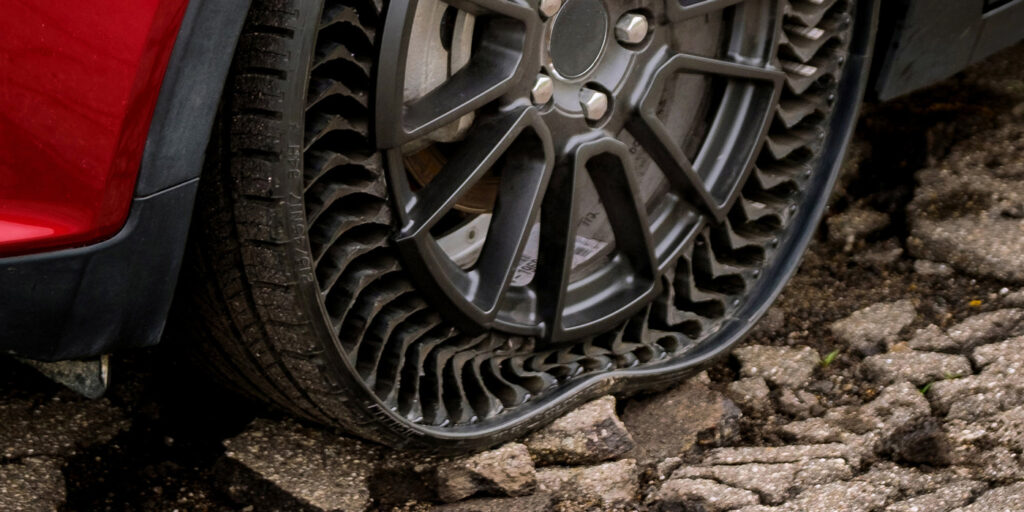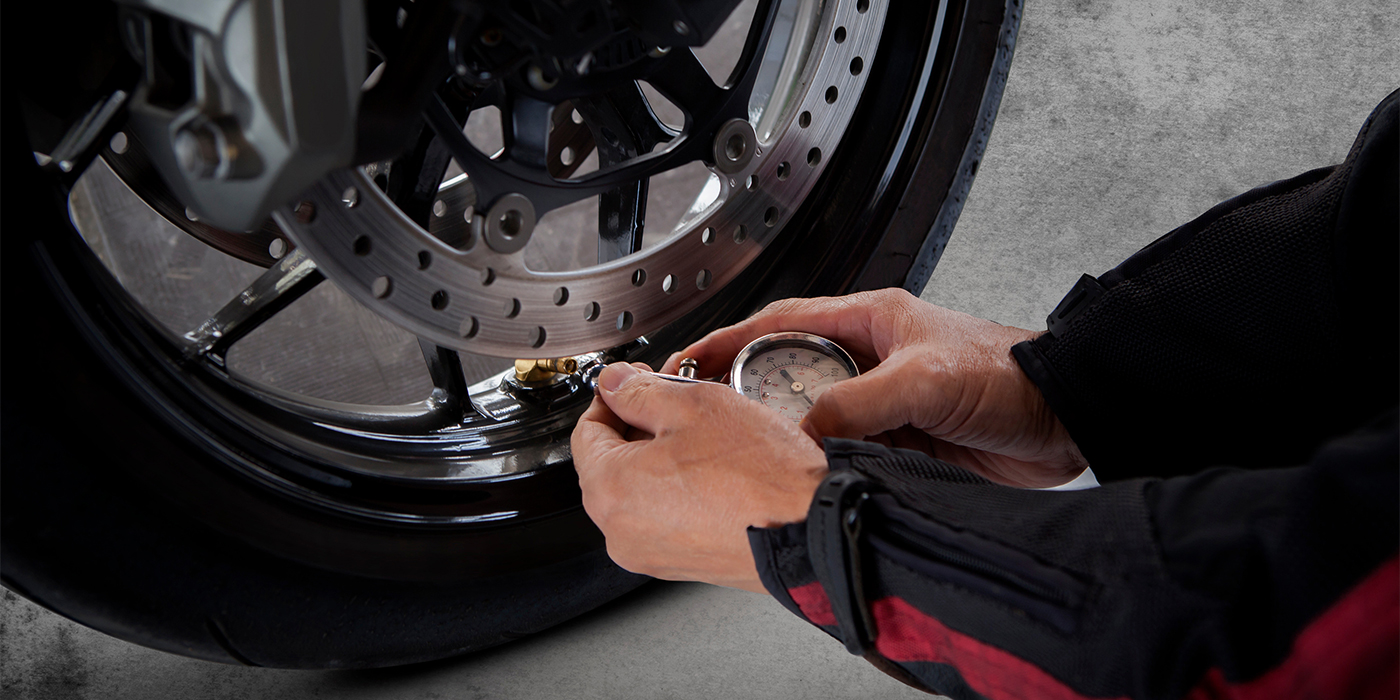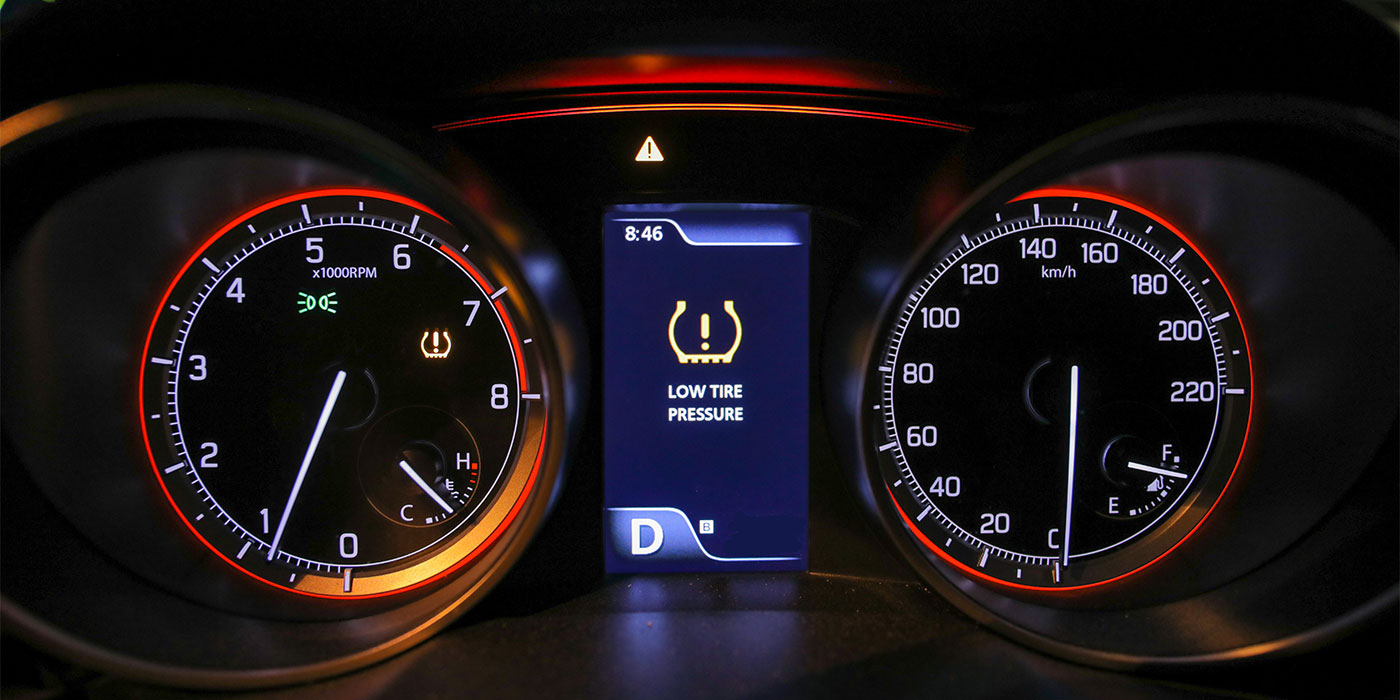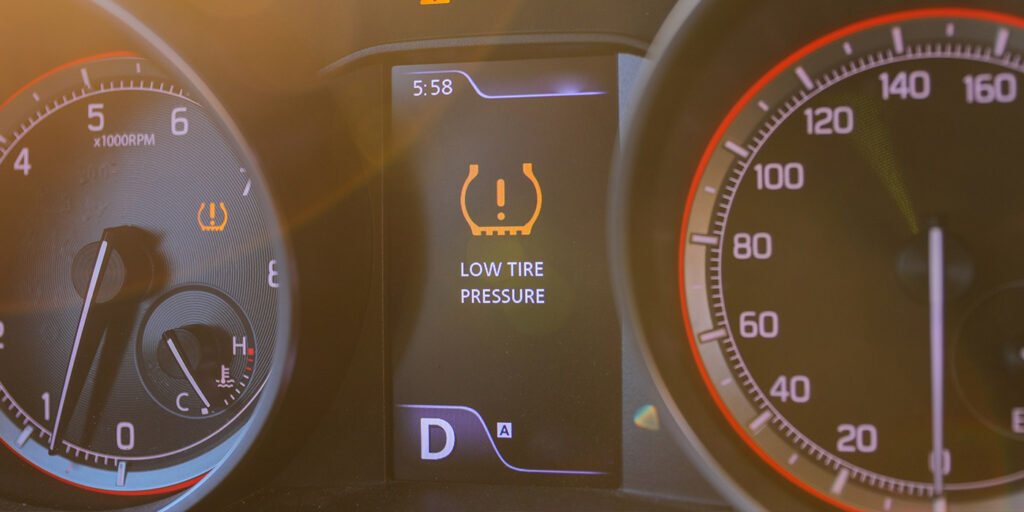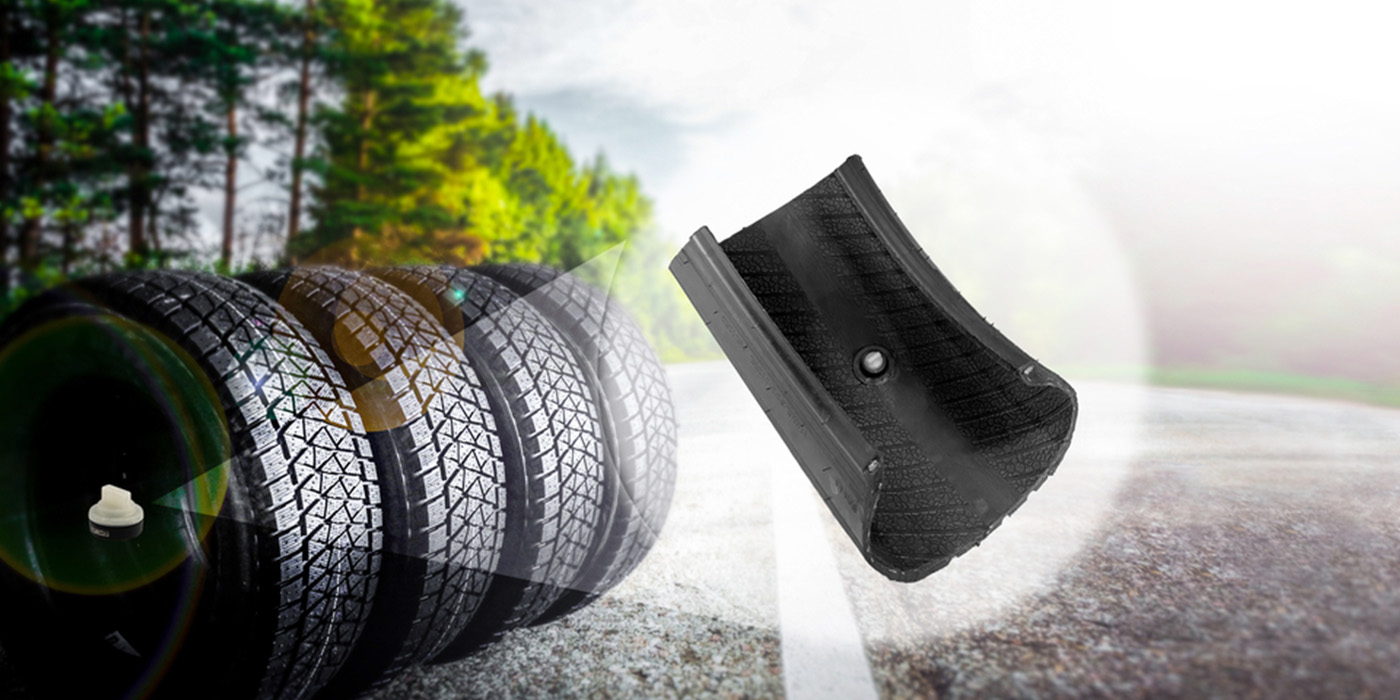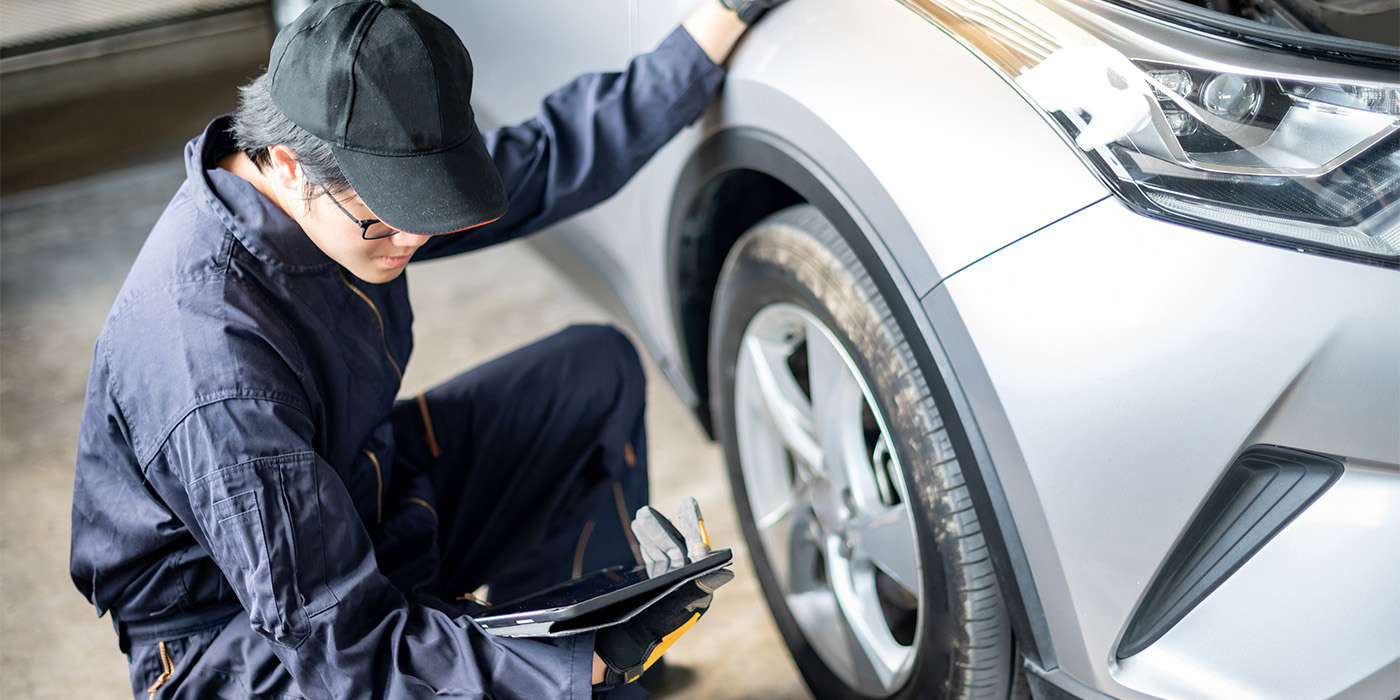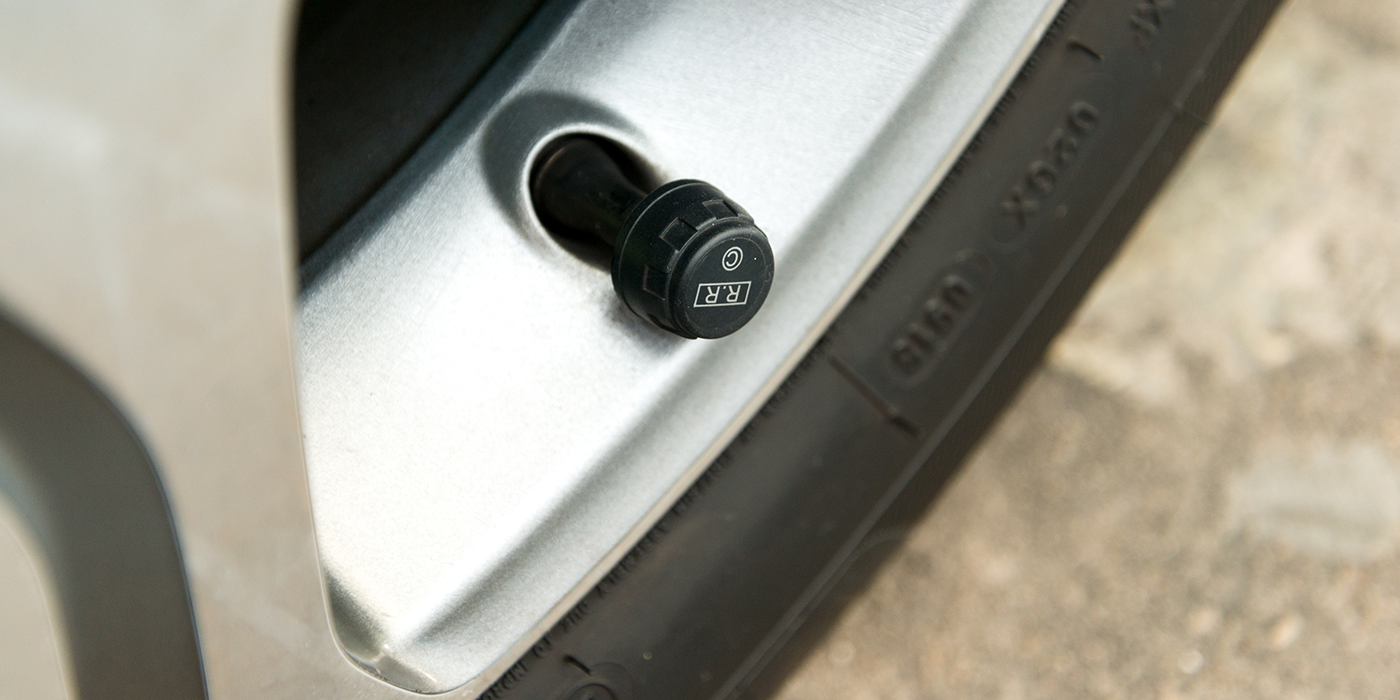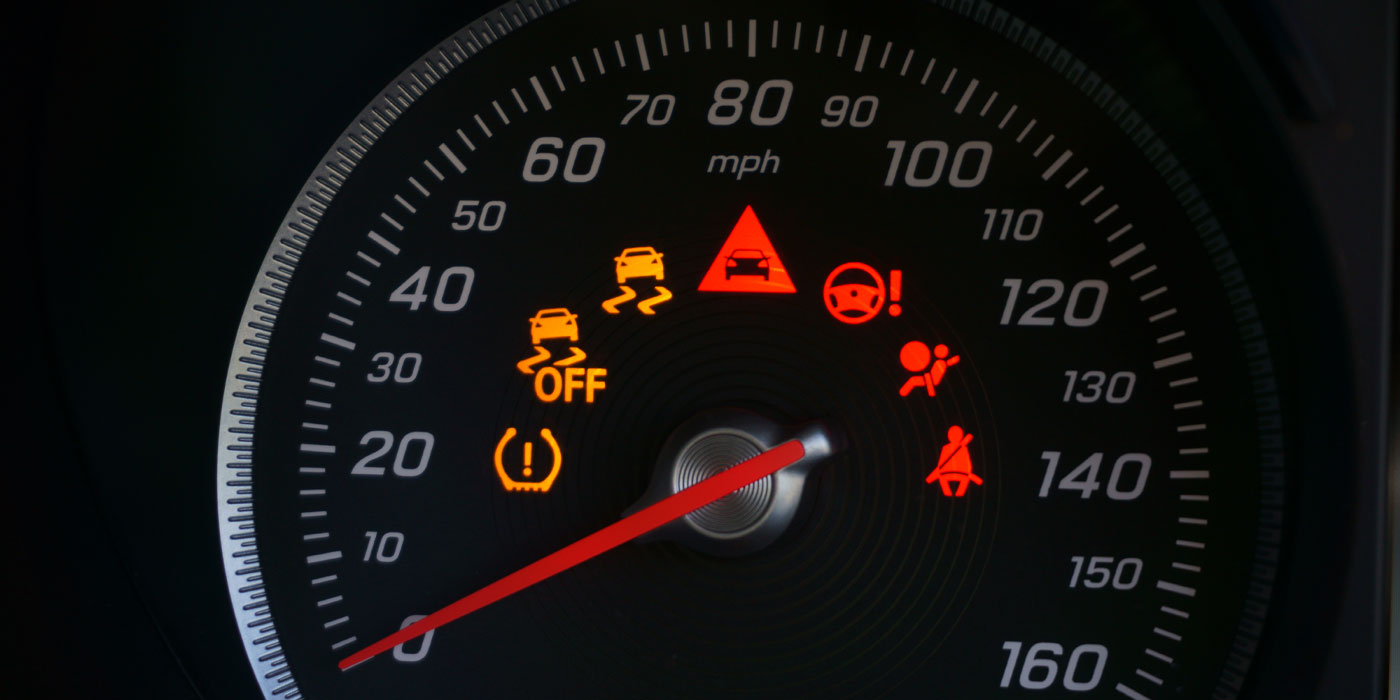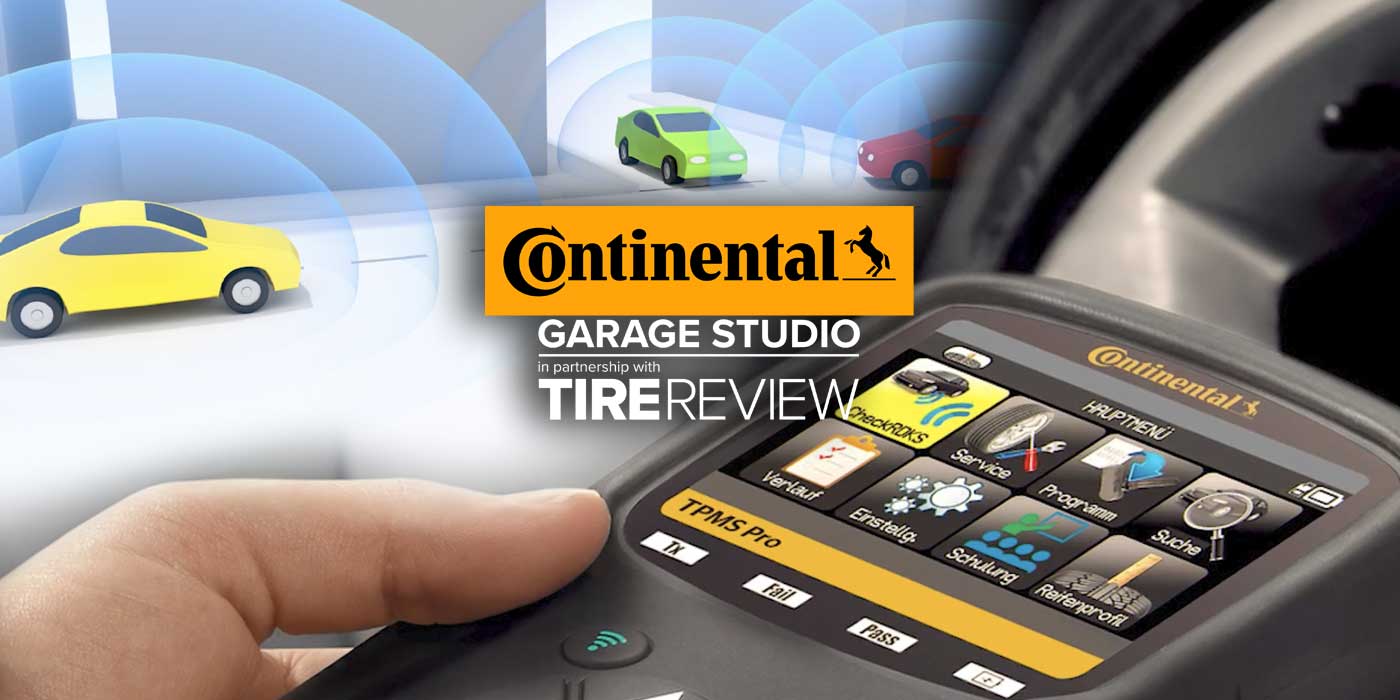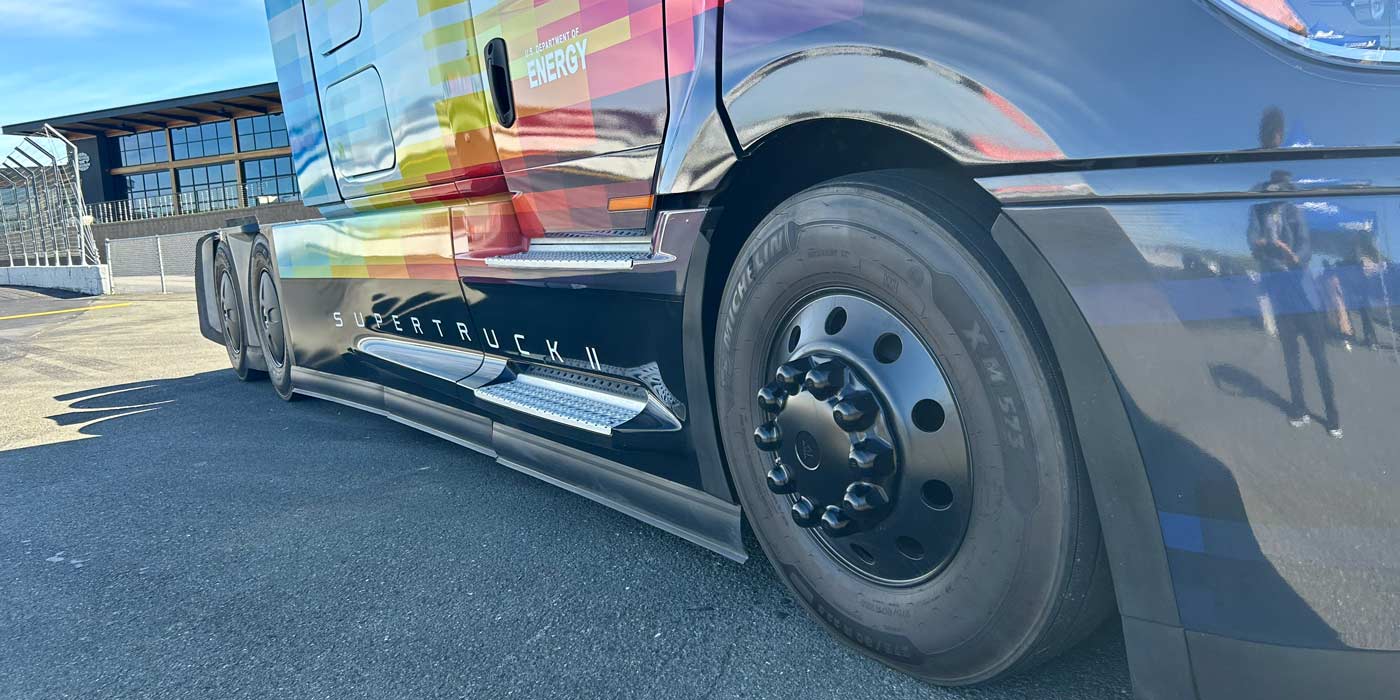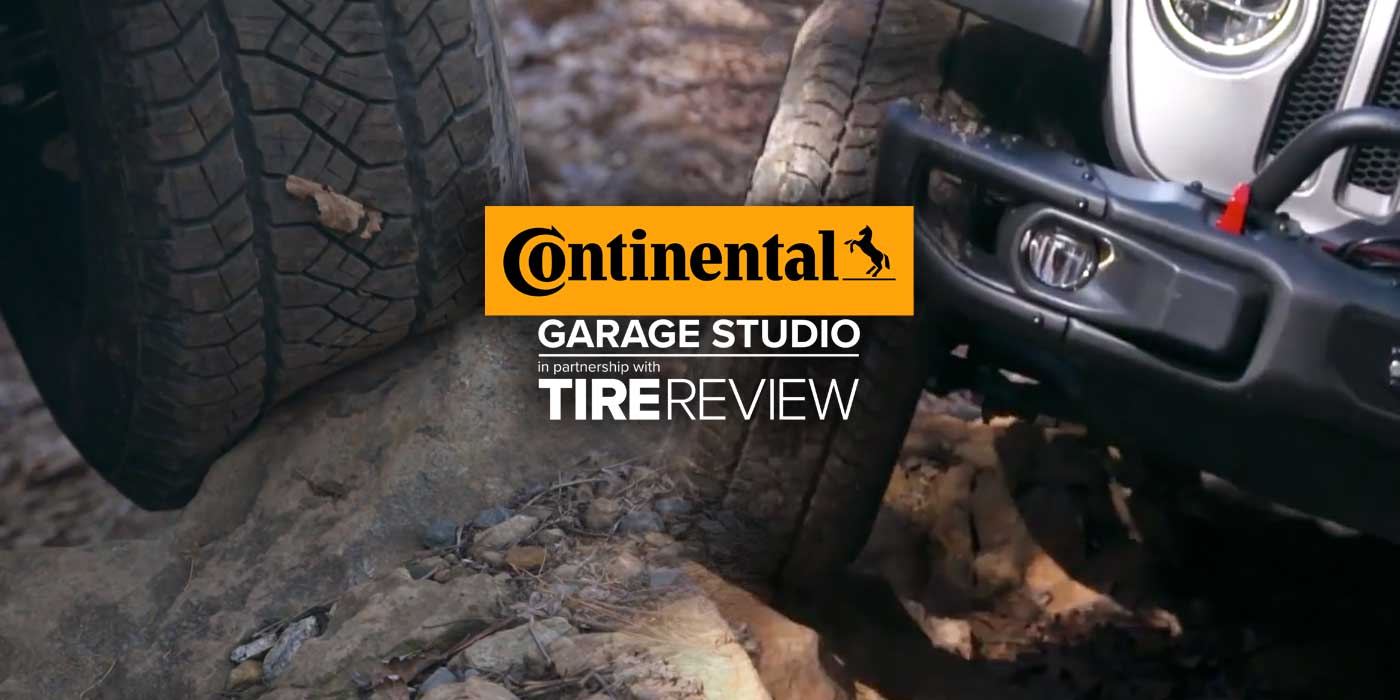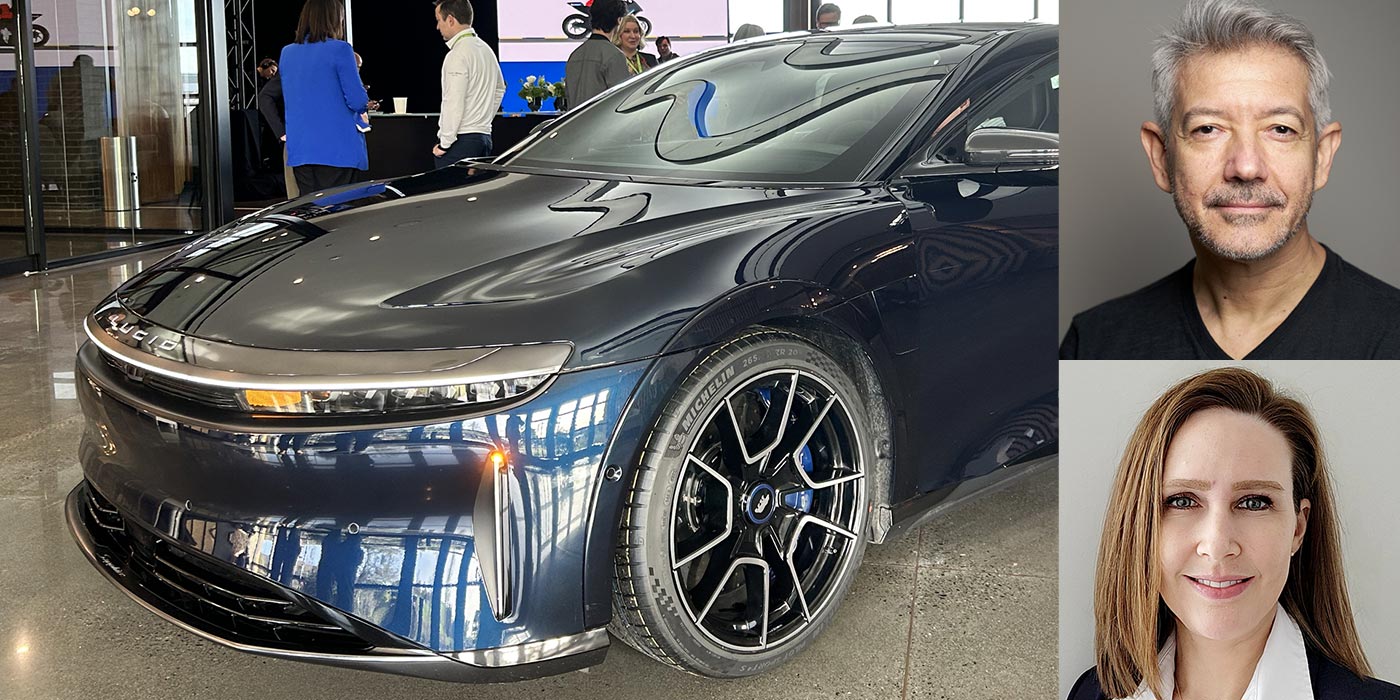We are far beyond the argument for whether tire pressure monitoring systems (TPMS) bring value to drivers or not. It has been long proven that TPMS systems have a long list of benefits, like:
- Preventing blowouts
- Safer handling
- More accurate steering
- Increased gas mileage
- Increased tire life
- Decreased emissions
- Decreased braking distances
All of these benefits are directly related to sensing one thing: air pressure inside of the tire. With such a long list of benefits, it is pretty easy to convince drivers to invest in keeping their TPMS systems functioning properly. Shops have spent the last 15 years or so getting equipped and trained to be able to sell TPMS efficiently and turn it into a valuable profit-building category.
Enter: airless tires.
Just a few years ago, airless tires were just a concept. Now, they could be on the market as soon as 2024. What a time to be alive, right?
If airless tires function as they say, we could one day live in a world free from dangerous blowouts, filling tires with air on a cold day, jacking up the car on the side of the road in the rain, surprise flat tires that make you late for work… all things that I could, personally, do without. However, let’s address the elephant in the shop.
Along with the benefits of airless tires comes the looming concern of a lot of lost customers and revenue for tire shops and, dare I say it, no more need for those profit-driving TPMS programs. But rest easy. First of all, there will still be a need for the traditional pneumatic tires/TPMS combo on the road for the foreseeable future. The market will demand a mix depending on the car parc, environmental conditions, user scenarios, etc. So, those TPMS programs will still be valuable profit drivers.
Secondly, until cars fly, there will always be a need for a sensor in the tire. As long as those four tires continue to be the only thing connecting the vehicle to the road, I assure you, there will be some sort of sensor in that tire. Connected or even autonomous vehicles will continue to be in demand by the market, so tire sensing will be relevant. It will just be a different kind of sensor, with different capabilities.
One of the big differences seems obvious but is absolutely key: Without any air in the tire, there will be no tire valve. The sensor will need to be incorporated another way, whether through a tire-mounted solution or even built directly into the rubber. Regardless of how it is incorporated into the tire, opportunities will open up. Not being attached to a valve gives the sensor the ability to sense the road and opens up possibilities for connected vehicles and fleet insights.
There is technology in development that allows the sensor to detect rough terrain as well as tire traction. It can signal to the driver when a tire rotation is needed based on uneven treadwear. It will also be able to detect things like load, which can be very useful for optimizing mileage and will be increasingly important as electric cars continue to enter the market.
Tire sensing will also continue to be important for other advanced systems on the vehicle. These could include ADAS safety features, driving range estimation and tread wear alert solutions, among others.
The important thing to know is these sensors will still need servicing, one way or another. Even if technology were to allow the sensor to live as long as the tire, batteries will still fail and potholes will still exist. Whether a failed sensor requires a repair or a whole new set of tires, service will be needed. My best advice is to partner with the right supplier who can keep you at the forefront of tire sensing and you will find opportunity as this technology starts to enter the market.
Jacki Lutz is the Global Head of Communications, Training and E-Commerce for Schrader TPMS Solutions, a global leader in TPMS. She is a TIA ATS instructor and serves on a variety of industry boards.

